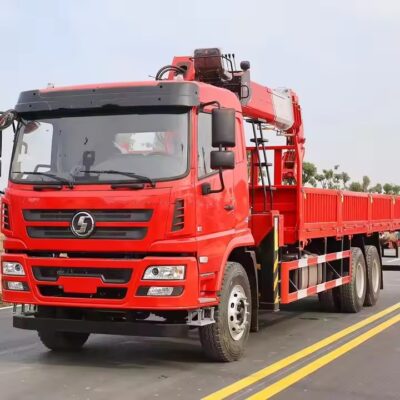In a bid to improve roadside assistance そして enhance road safety, Libya‘s レッカー車 industry has seen remarkable advancements in recent years. These developments are set to redefine the country’s emergency response capabilities and benefit motorists across the nation.
Libya, ある North African nation with a vast and varied landscape, has long faced challenges when it comes to providing effective assistance to stranded motorists. The vast desert regions, unpredictable weather conditions, and often remote roadways have made efficient towing services crucial. In response to these challenges, の tow truck industry で Libya has embraced technological innovations and industry best practices.
One of the key advancements in this sector has been the incorporation of GPS そして mobile app technology. Many けん引会社 now use GPS tracking to pinpoint the location of stranded vehicles swiftly. This not only reduces response times but also helps tow truck operators navigate challenging terrains more effectively.

さらに, mobile apps are becoming increasingly popular for requesting roadside assistance. Motorists can now quickly summon a レッカー車 with a few taps on their smartphones, streamlining the entire process and ensuring that help arrives promptly.
The industry has also focused on upgrading its equipment そして personnel training. Modern tow trucks are equipped with state-of-the-art winches, ensuring the safe and damage-free towing of vehicles. さらに, operators are now required to undergo comprehensive training to handle various roadside emergencies, including accidents, flat tires, and jump-starts, thus guaranteeing that they are well-prepared for any situation.
Libya’s tow truck industry advancements not only benefit individual motorists but also have a positive impact on the nation’s economy. Improved road safety leads to fewer accidentsと reduced congestion, resulting in a smoother flow of traffic そして 生産性の向上.
With the ongoing commitment to enhancing roadside assistance, Libya’s tow truck industry is on the path to becoming a model of efficiency and professionalism. These advancements demonstrate the country’s dedication to improving its infrastructure and ensuring the well-being of its citizens and visitors on the road.









